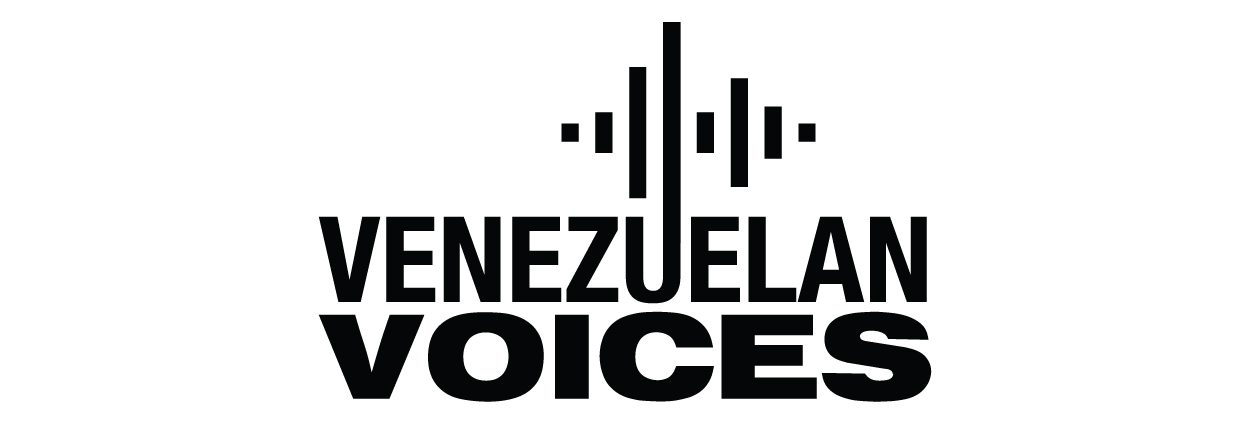By Venezuelanvoices
On July 20, Vice President Delcy Rodriguez was the main speaker at the opening of the annual assembly of Fedecamaras, the main bosses organization in Venezuela. Rodriguez’s speech had some bizarre moments, such as when she assured that “the businessmen of the world look with envy at those of Venezuela”. During the Fedecamaras assembly, Alberto Vollmer, capitalist of Santa Teresa rum and ally of Chavismo, was named businessman of the year.
Although this is the first time in many years that a chavista official is a speaker at a Fedecamaras assembly, this event was preceded by the January 27 meeting between the president of the National Assembly, Jorge Rodriguez and Ricardo Cusanno, president of Fedecamaras. Prior to this, the meetings between a high official and Fedecamaras had been those of 2014, in which the then president of the Central Bank of Venezuela, Nelson Merentes, participated.
The government is currently offering the bourgeois sector traditionally linked to the opposition to take advantage of the “anti-blockade” law in terms of the privatizations it allows, at derisory prices, of state-owned companies, as well as the possibility of a reform to the hydrocarbons law to raise the legal cap on private shareholding in oil joint ventures. In exchange, the government expects these capitalists to lobby for the lifting of the US and European economic sanctions, not only those directed at the financial and oil sectors, but also those affecting individual members of the government and the Bolibourgeoisie.
Last year Ricardo Cusanno positively valued the privatization of state enterprises through the “anti-blockade” law, although he had previously questioned the illegality of its approval by the National Constituent Assembly. A measure adopted by the government in August, after the assembly attended by Rodriguez, has been the elimination of import tax exemptions for 597 products, as stimulus for national production.
Of course, there is nothing enviable about the Venezuelan situation, not even for capitalists, with the exception of those most closely linked to the government. In spite of the fact that for the bourgeoisie it is advantageous to have a semi-slave labor force guaranteed by the government, with a minimum wage of less than two dollars a month and most wages below one dollar a day, with a virtual elimination of trade union liberties, Venezuela is going through the worst economic crisis in its history, with an accumulated contraction of its economy that exceeds 75% in the last 6 years and almost four years of hyperinflation. A crisis that originated long before the U.S. sanctions, although it has worsened as a result of them. Hardly an “enviable” situation.
The devaluation of the bolivar is such that the government has had to announce that as of October 1 the values of the currency will be divided by one million. Previously, in 2018 five zeros had been removed from the monetary cone and in 2008, three zeros. That means that one bolivar two months from now will be equivalent to 10,000,000,000,000,000 bolivars from the year 2007. As one dollar today costs more than 4 million bolivars, with the new denomination the exchange rate will go to 4 bolivars per dollar, although in the remaining two months this amount will surely change due to the continuous devaluation, perhaps rising to 5 or 6 bolivars.
The historically bad relations between the government and Fedecamaras are not the consequence of an “anti-capitalist” policy on the part of the government. The government has not only fed an addicted national bourgeois sector, the bolibourgeoisie, but has also propped up business associations such as Empreven and Fedeindustria, whose president Miguel Perez Abad has been a high government official, including minister posts, for the last six years. It remains to be seen how far this new conciliatory effort with Fedecamaras will go.
The conflicts between Fedecámaras and the governments of Chávez and Maduro began with the bosses’ lock outs against the laws of 2001, which contemplated modest reforms. Carmona Estanga, then president of Fedecamaras, tried to install himself as dictator during the failed coup d’état of 2002 and his successor, Carlos Fernandez, participated in the 2002-2003 lock out. Yet Chavez allied himself with a sector of the capitalists. Francisco Natera, who was president of Fedecamaras from 1997 to 1999, was appointed by Chávez as Minister of State for the Development of Special Zones for Sustainable Development and held the post from late 2002 to mid-2005. Since the currency exchange control imposed in 2003, many businessmen linked to Fedecamaras received important amounts of petrodollars at subsidized rates through the state agency Cadivi. The result of this clientelar policy was a capital flight of more than 300 billion dollars in the years 2003-2013, one of the decisive elements in the beginning of the debacle of the Venezuelan economy.


3 thoughts on “Rapprochement between the government and business association Fedecamaras?”